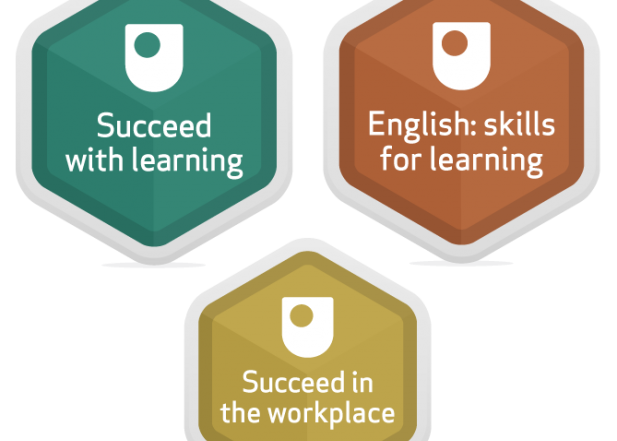Scottish Union Learning supports trade unions in accessing skills and lifelong learning opportunities that contribute to collective prosperity, fairness and equality for workers across Scotland. They work in partnership with unions to deliver learning, upgrade skills, promote apprenticeships and engage employers in the learning agenda.
What SUL does and the synergy with the OEPS project aims
Wendy explained that SUL is involved with:
- Employer Engagement
- Workplace Learning
- Modern Apprenticeships
- Everyday Skills
- ULR training and development
- Core STUC activities
In carrying out this work SUL works with a range of education and training providers. Opportunities for learning activity in the workplace are developed with individual unions and financed through the Learning Fund, which is supported by the Scottish Government and has been supported by the European Social Fund. Union Learning Representatives (ULRs) are union members, recognised by the employer and elected to a role that involves:
- promoting the value of learning;
- supporting learners;
- arranging learning/training and where they exist supporting workplace learning centres to embed learning in the workplace.
Wendy explained that although ULRs operate in a wide range of workplace contexts many union members are quite tentative about learning and a lot of SUL’s work is in the area of Everyday Skills. The role of ULRs in providing support and encouragement is very important. SUL have had a Memorandum of Understanding with the OU in Scotland since 2007. Joint activity has included supporting union learners through access material and developing appropriate first steps. Many of the approaches taken in this partnership work stem from well-established practice in widening participation. However, the collective ethos that is encouraged by the unions and can be realised in the workplace setting allows for the development of peer support that can be very effective in providing confidence and motivation.
Many of the barriers to learning that Wendy discussed are shared in other widening participation contexts, however, there are specific issues such as shift patterns, time and employer recognition that need to be addressed in organising learning in workplace. The work done by SUL reaches many thousands of trade union members and Wendy also talked about the need to extend support beyond the first steps into further development and progression. She concluded her presentation by asking the workshop to reflect on the relevance of Open Educational Practice in the workplace. These issues of identifying practices that support widening participation and transition are at the heart of the OEPS project.
SUL conference 2014
A few weeks later I had the opportunity to run a workshop on Shaping Open Learning for the Future at SUL’s conference in Dundee. The conference is attended by ULRs from across Scotland. My workshop attracted a group of ULRs from both the public and the private sectors. For the most part they had some knowledge and experience of working with OER themselves and experience of talking with their work colleagues about OER. About a third of the group had studied a course on FutureLearn, more than two thirds were familiar with OpenLearn. This level of engagement was not necessarily typical of the whole conference; those attending a larger parallel OEPS workshop on Open Badges did not have the same level of engagement or awareness.
The workshop generated a high level of engagement and discussion. Several participants stressed the point that new and less confident learners need a supported and curated set of choices as their first step in an online environment. Existing OER repositories don’t fulfill this function and the range of options and choices deters new or tentative learners. Even when they are advised as to where to start, the environment can look ‘too much like a university’ and at this point new learners often feel that a university is not the right place for them. There was a strong view from the participants that these barriers could be mitigated by design that recognised learner context and anxieties; this is partly about curation, partly about design that recognises lived experience and partly about presentation. There was also an appeal for the development of linked material to support social and collective approaches to the use of OER. These might include exemplars of how to instigate, support and sustain workplace study groups.
The OEPS team is really grateful to Wendy and to SUL for the opportunity to engage with ULRs and we are planning to integrate many of the ideas that were highlighted in the workshops in the Scottish Hub for Open Educational Practice.
Pete Cannell, OEPS Project Team
(January 2015)
(originally posted on the OEPS Project team blog)
Published on 11 October 2015 - 12:43pm • by Pete Cannell


